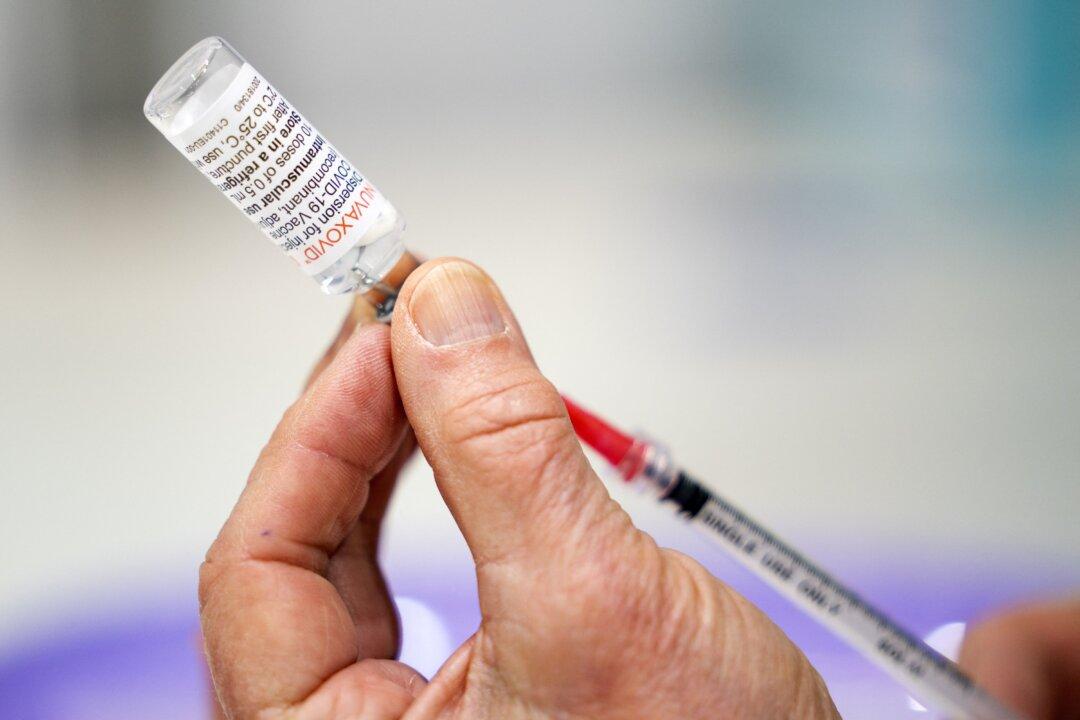The Food and Drug Administration (FDA) on April 10 said it will be phasing out animal testing for monoclonal antibodies and other drugs.
FDA officials said that its animal testing requirement will be “reduced, refined, or potentially replaced” with other approaches, including advanced computer simulations utilizing artificial intelligence and lab-grown products that are designed to mimic human organs.
The agency will also start looking at preexisting, real-world safety data from other countries that have regulatory standards similar to those in the United States.
He said that the move “represents a major step toward ending the use of laboratory animals in drug testing.”
Companies that submit what the agency described as strong safety data from non-animal testing could receive faster review, according to the FDA.
Health Secretary Robert F. Kennedy Jr. told a Cabinet meeting in Washington that officials have found artificial intelligence “is much more precise in identifying the impacts of toxics in various products.”
Legislation enacted in 2022 called the FDA Modernization Act 2.0 enabled the step. The bill removed the requirement that sponsors of new drugs perform studies on animals in order to receive licenses from regulators.
The National Association for Biomedical Research, on the other hand, said there is no full replacement for animal models at this time in drug development.





